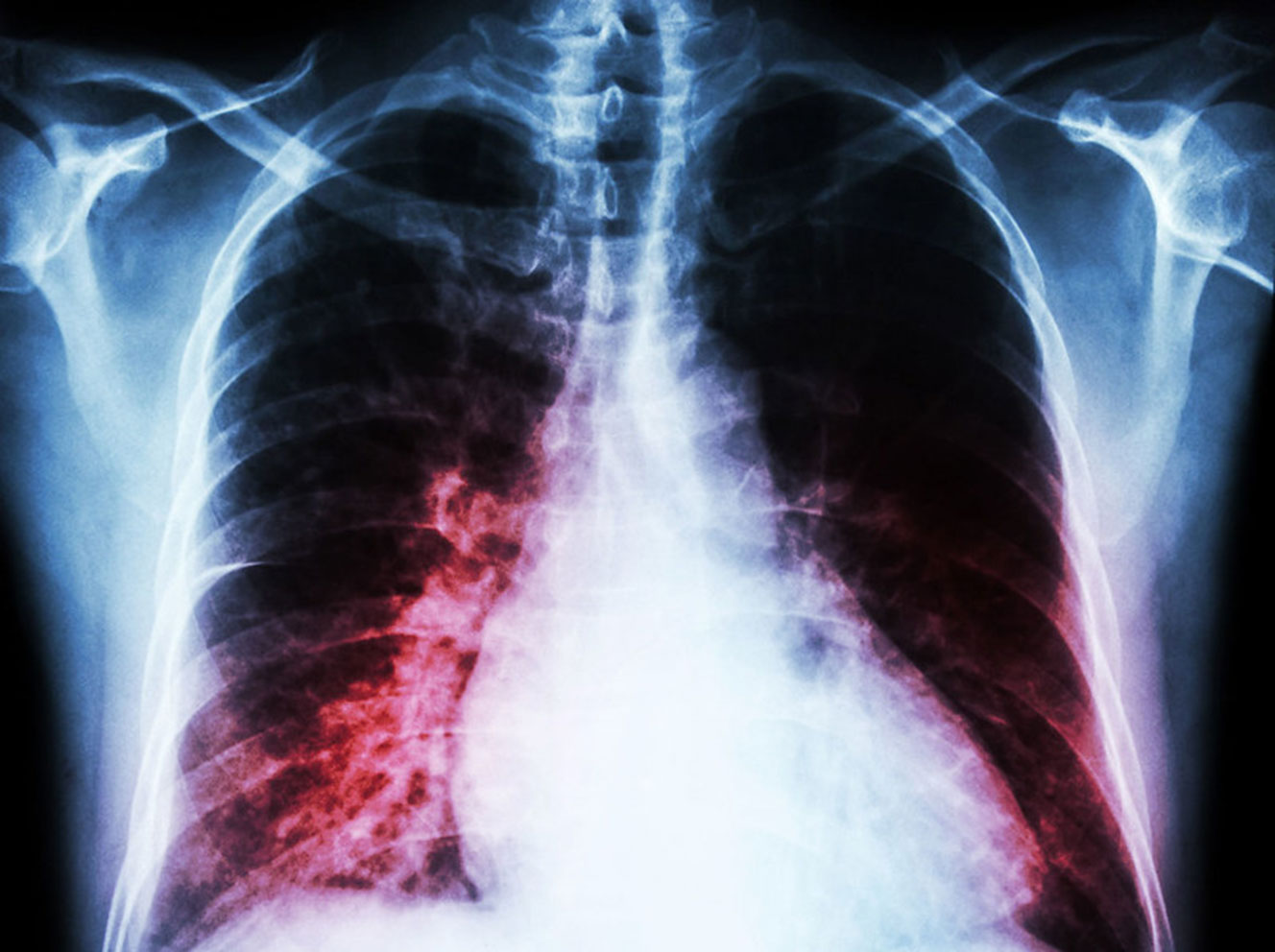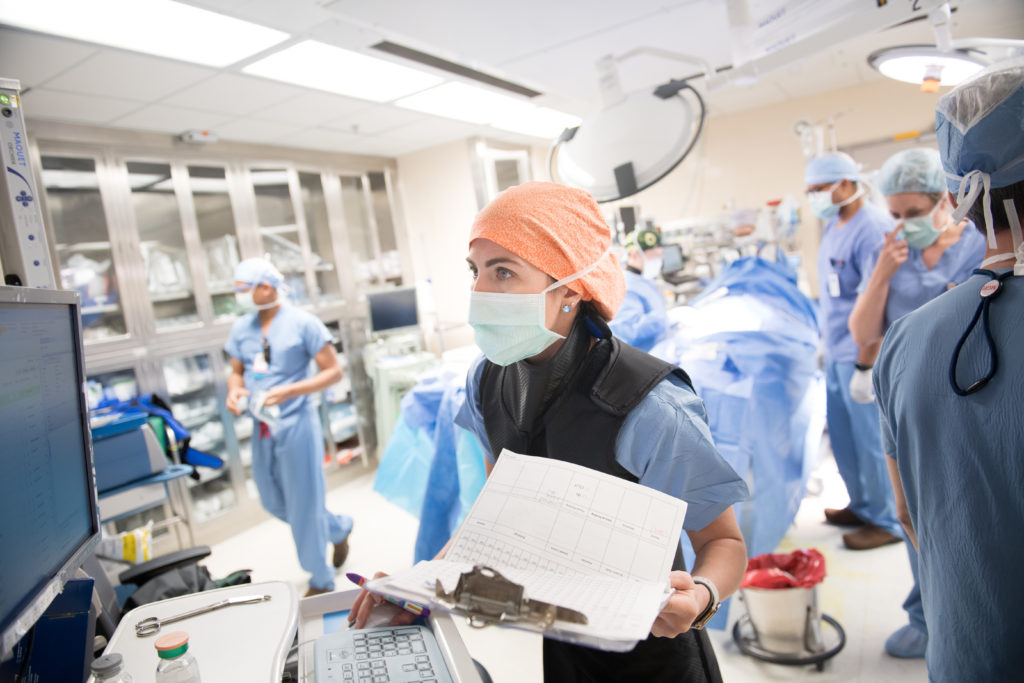Key Takeaways
Among both men and women, non-smokers and smokers, lung cancer remains the leading cause of cancer-related death. The American Cancer Society estimated that about 235,760 new cases of lung cancer would be diagnosed in the United States in 2021. Awareness, knowledge and early detection are the keys to a healthy life.
Massachusetts General Hospital physicians — Inga Lennes, MD, MBA, MPH, medical oncologist in the Mass General Cancer Center Center for Thoracic Cancers and director of the Pulmonary Nodule and Lung Cancer Screening Clinic; Jennifer Temel, MD, clinical director of Thoracic Oncology; Henning Willers, MD, director of the Thoracic Radiation Oncology Program; and Chi-Fu Jeffrey Yang, MD, thoracic surgeon in the Mass General Division of Thoracic Surgery — answer common questions related to lung cancer.
Who is most at risk for developing lung cancer?
Older adults are at the highest risk, as most cases occur over the age of 65. The average age of diagnosis is 70 years old, with few cases diagnosed before age 45. Black men are more at risk for developing lung cancer than white men and overall men are more at risk than women, although the gap is shrinking.
Lung cancer is more common in individuals who smoke. About 80-90% of lung cancers are caused by smoking, and individuals who smoke heavily are at a greater risk of developing lung cancer.

What are some ways to prevent lung cancer?
If you smoke, quitting is one of the best ways to prevent lung cancer. Patients who are ready to quit should talk to their doctors about resources to help.
Even though your risk for lung cancer decreases after you quit smoking, if you have a smoking history, you remain at high risk for lung cancer. If you have quit smoking within the past 15 years, you may be eligible for lung cancer screening, depending on how much you have smoked in the past. Lung cancer screening saves lives, as it increases the probability that a lung cancer is diagnosed at a stage when it is most easily treated.
What are the symptoms of lung cancer?
An individual with lung cancer may experience a wide range of symptoms while others may have no symptoms at all. The most common symptoms include:
- Persistent cough
- Coughing up blood or phlegm
- Chest pain
- Shortness of breath
- Fatigue
- Unexplained weight loss
For many, symptoms do not appear until cancer has spread and is in a later stage. In these cases, the cancer is found either by screening or incidentally during an examination for a health issue unrelated to cancer.

How common is lung cancer in women versus men?
While more common in men, the gap between men and women who are diagnosed with lung cancer is closing. In fact, it is the number one cancer killer in women — more than breast, ovarian and cervical cancer combined. Over 600,000 women died last year globally from lung cancer and the overall odds in the U.S. for developing lung cancer over a lifetime are one in 17 women. By 2035, it is estimated that more women will die from lung cancer than men. Three times as many men die of lung cancer than prostate cancer.
Can non-smokers develop lung cancer?
Yes, lung cancer in never-smokers is the seventh leading cause of cancer-related death in the U.S. Environmental exposures such as asbestos can increase the risk; however, in many situations the reason for developing a lung cancer remains unknown and is the subject of intense research.
Who should be screened for lung cancer?
To be eligible for lung cancer screening, you need to carry a certain level of risk. According to the Center for Medicare Services and the United States Preventative Services Task Force, individuals who should be screened for lung cancer are those who are:
- Ages 55-80 with a history of smoking a pack per day for 30 years; to calculate your pack-year smoking history, multiply the number of packs of cigarettes you have smoked per day by the number of years you have smoked
- Current smokers or former smokers who have quit within the last 15 years
What are the types of screenings for lung cancer?
There is one approved test for lung cancer screening: the low-dose computed tomography (CT) scan, which provides a detailed image of the lungs and uses only about one-third the radiation dose of a full-dose CT scan. It takes less than five minutes and does not require needles or injections.
Before screening, patients should meet with their doctor to discuss screening and what to expect when the results are available. Positive screening tests are usually followed with additional scans and testing and may lead to an evaluation by a multidisciplinary team.

What are the different stages of lung cancer?
When an individual is diagnosed with lung cancer, doctors will classify the lung cancer by stage to determine how much the cancer has grown and how far it has spread. Lung cancer can be classified as:
- Stage I: When the cancer is confined to the place in the lung where it originated
- Stage II and III: When the cancer grows and spreads to the lymph nodes or other structures in the chest
- Stage IV: When the tumor has spread to other locations in the body, such as the brain, bones or liver
What are the treatment options for lung cancer?
Depending on the stage of the lung cancer, its location in the body and the patient’s health status, the course of treatment may differ.
- Surgery: Often offers curative treatment for stage I and II lung cancer, and may be part of stage III lung cancer treatments as well. Most early-stage lung cancers are treated surgically by removing part, or all, of the lung where the tumor is located as well potentially involved lymph nodes
- Radiation therapy: Uses highly energetic X-rays (or other types of radiation such as protons) to kill cancer cells. Radiation therapy is typically the mainstay of curative treatment for patients with stage I-III lung cancer who cannot undergo surgery. In patients with metastatic, stage IV lung cancer, radiation can be used to palliate or prevent cancer-associated symptoms and sometimes prolong lives
- Chemotherapy: Is given intravenously and can reach cancer cells almost anywhere in the body. Chemotherapy is often combined with other treatments, i.e., surgery, radiation or immunotherapy, in different stages of lung cancer. Together with surgery or radiation, it can increase the odds of cure
- Targeted therapies: May be given as a pill or intravenously. They are very specific for certain tumors and can prolong lives with often less damage to normal tissues than chemotherapy
- Immunotherapy: Is given intravenously, often together with chemotherapy, and helps your body’s own immune system fight off the cancer, thereby prolonging lives

What are the benefits of being treated by a multidisciplinary team at the Mass General Cancer Center?
Multidisciplinary input on how to best treat and care for a patient with lung cancer is essential to ensure that we are diagnosing, treating and supporting patients as effectively as possible. The Mass General lung cancer team includes:
- Medical, surgical and radiation oncologists
- Radiologists
- Pathologists
- Pulmonologists
- Psychiatrists, psychologists and social workers
- Palliative care specialists
With multidisciplinary care, the patient has access to a group of experts who always put their patients first, coordinate care jointly and enjoy working with each other. We know that it is essential to treat the whole patient and their family, not just the cancer. We utilize many strategies to help support patients and their family members as they deal with the stress of a cancer diagnosis.
To donate to the Mass General Cancer Center or for more information, please contact us.
This story first appeared on the Division of Thoracic Surgery news webpage.






